"This is a follow up to a post I wrote, How Do We Learn? How Should We Learn? The he purpose of these posts is to encourage educators to examine practices they take for granted, implement without deep reflection of their efficacy. This post discusses the instructional practice of asking students to memorize information."
Get Started for FREE
Sign up with Facebook Sign up with X
I don't have a Facebook or a X account
 Your new post is loading... Your new post is loading...
 Your new post is loading... Your new post is loading...

David Baker's curator insight,
July 29, 2014 5:32 PM
This will be a valuable tool to share in seminar with my new teachers as we look at their students and how the teacher views their classroom.

Kirsten Macaulay's curator insight,
December 22, 2013 5:28 AM
This title of this post states “simple but not easy” because to answer the questions is simple. I know that every good teacher would answer these questions in the direction of student-centric education; one that is in the best interests of the student. But implementation is another thing. To implement the non-maintstream alternative is not easy given the accountability systems, one’s own training and background, and mandated school initiatives. It takes a strong, self-directed and courageous educator to do so. |

Lisa Norris's curator insight,
February 16, 2015 2:12 PM
If we want to build expert learners...we need to take the time to model this ourselves. 
SMARTERTEACHER's curator insight,
February 19, 2015 11:34 AM
The "Sage on the Stage" model must give way to the "Guide on the Side". Concurrently the teacher must model the learners mentality of facilitator of learning.

Kerri Schaub's curator insight,
January 19, 2014 8:47 AM
The forgotten, but essential, skills! #mersd #studentengagement

davidconover's curator insight,
November 8, 2013 10:22 AM
This is a thought provoking article for both teachers and administrators.
Jaimee's curator insight,
March 5, 2014 10:11 AM
Teachers not just family members can be a part of a students mindset. How they think and what challenges to make can also be in response to how teachers are teaching them.
This article explains in a way how helplessness can be a part of someone not being successful. It explains the initiative that someone must take to be successful in school.
Xander Norris's curator insight,
March 6, 2014 11:13 AM
This article is talking about how educators are moving from a fixed mindset to a growth mindset, and this has to do with the changes of the curriculum, and forced standardization. This is talking about how success is based on learning, and why some students give up on it. |



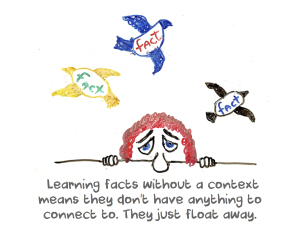



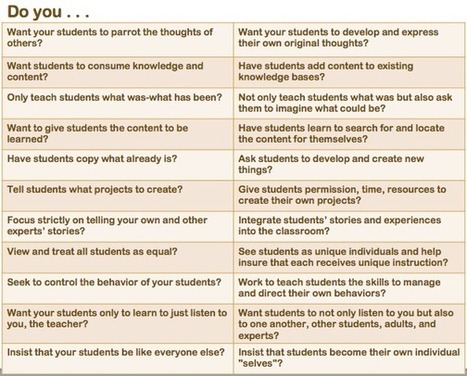
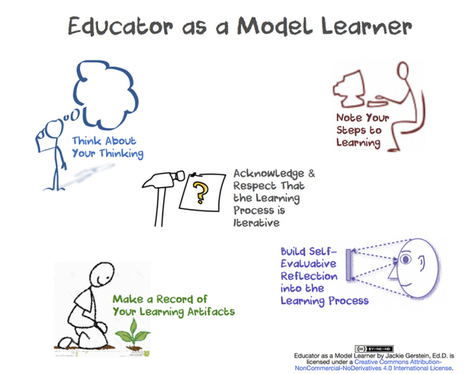
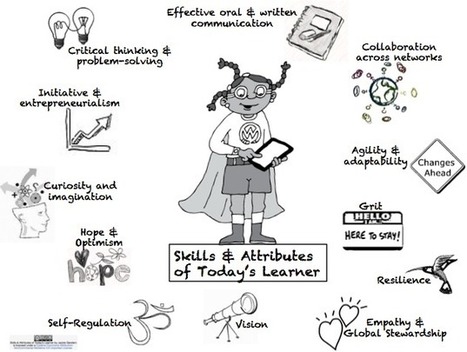
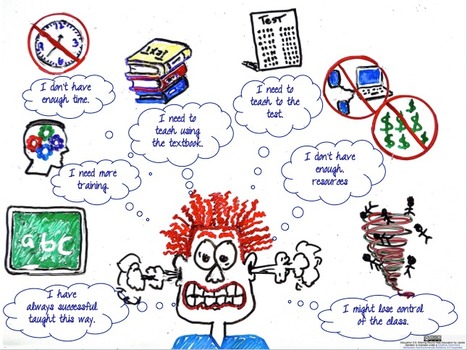





interesting insight
Contexto en la enseñanza, es una necesidad pero cada vez vemos muchos vídeos y lecciones que aparecen de la nada y no están contextualizadas ni en un programa, ni motivadas por unos objetivos ni su relación con un currículo.